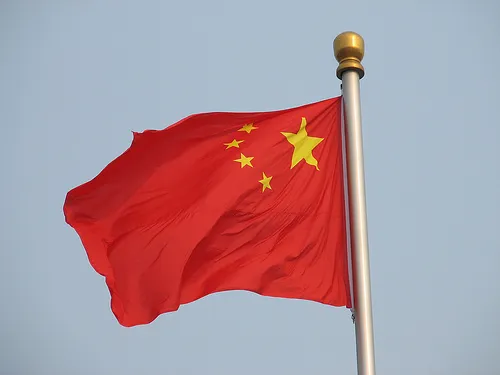
UBS predicts three upcoming trends for China economy
GDP growth could hit 8%.
According to UBS, their estimates show that the sequential momentum accelerated further to 8.6%q/q saar in Q4, helped by the strong credit impulse in Q3 and a recovery in property construction.
In December 2012, property activity and fixed investment lost some steam, but this may reflect the problematic data quality at the end of the year. Exports growth picked up to 14%y/y and retail sales growth remained strong in December, helping industrial production growth to gain traction.
Here are three things UBS expects:
Economic recovery should continue. We expect January new RMB lending to exceed 1 trillion and Q1 TSF to exceed 4 trillion, and expect property sales and investment to rebound further in Q1.
Helped by the weak base, Q1 infrastructure spending and industrial profit should both show very strong y/y growth. The shift of timing in the Chinese New Year may distort January and February readings of key economic data, but overall, Q1 data should confirm continued robust recovery.
Our baseline forecast is for real GDP growth to reach 8% in 2013.
External risks and policy shifts. We think there are both upside and downside risks in 2013. The downside risk mainly come from a weaker-than-expected exports and the tightening of shadow banking activities that could trigger unintended liquidity crunch.
On balance, we see more of an upside risk, especially in H1 2013, which we think will mainly come from an easy credit policy and a strong property recovery supporting local governments’ drive to speed up urbanization.
This would lead to stronger-than-expected investment and GDP growth in H1 2013, a stronger rebound in property prices, and together with a rising inflation, could lead to the government shifting its stance on credit policy or the property sector in H2 2013.
There is also a small chance that policy fine tuning could start as early as April, particularly if credit expansion and property rebound are too strong in Q1.
Price reforms and more social spending. While the government will likely formulate plans rather than implementing far-reaching reforms in 2013, we expect it to make progress this year with energy and utility price reforms, to expand the coverage of health care insurance, to spend more on social and public infrastructure, to further develop the bond market and open up the capital market, and to expand the business-for-VAT tax reform.
We do not expect a wide-spread property tax, an obvious change in the one-child policy, or any significant progress in Hukou reform, land reform, or public finance reform in the coming year.








![Cross Domain [Manu + SBR + ABF + ABR + FMCG + HBR + ]](https://cmg-qa.s3.ap-southeast-1.amazonaws.com/s3fs-public/styles/exclusive_featured_article/public/2025-01/earth-3537401_1920_4.jpg.webp?itok=WaRpTJwE)









 Advertise
Advertise


